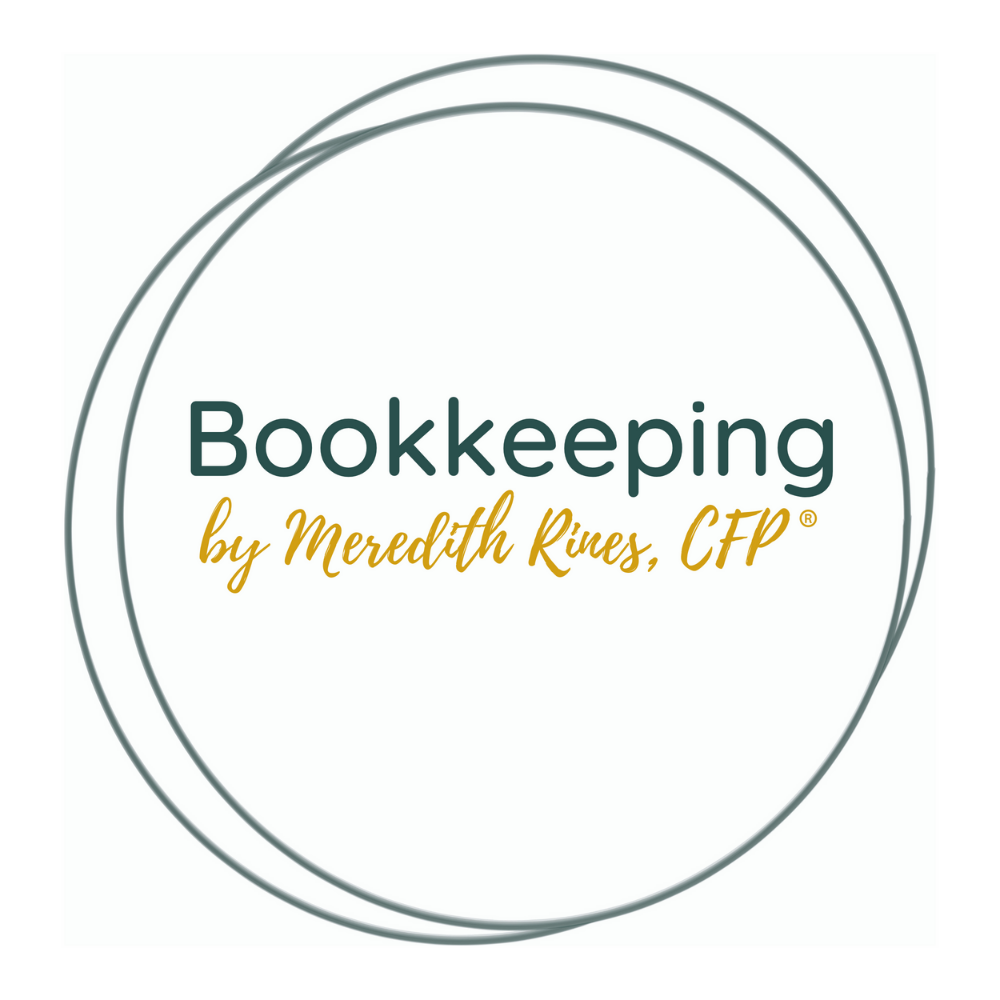
Do you really know what your net worth is?
Most of us don’t. When we hear the term net worth, we probably think of some massive company or celebrity. Most companies make their net worth public to show the strength of their companies. And all you have to do is google a famous person’s name and their net worth pops up on the first page of Google. But what does it mean? Why is it important? And do we need to concerned with our personal net worth?
You can watch the video online or down below:
Let’s back up a bit. A lot of people have a misconception on what your net worth actually is and what it means. Your net worth is the value of everything you own – real property, personal property, and accounts minus all of your debt. So let’s run through a simple example:
Let’s say Family A makes a combined $75,000 a year. They own a modest home in a nice area of town. Both spouses work, but each paycheck is stretched thin. They have two children that are under the age of 10. Almost all of their money goes to help cover living expenses and then to provide for all the different activities their kids take. They aren’t hurting for money, but there just doesn’t seem to be any left for retirement planning or future college funding. Here’s what they have and their net worth:
| Property | Value | Debt |
| Home | $ 100,000.00 | $ 65,000.00 |
| Car 1 | $ 15,000.00 | $ 8,000.00 |
| Car 2 | $ 8,000.00 | $ – |
| Student Loan | $ 12,000.00 | |
| Credit Card | $ 5,000.00 | |
| Checking | $ 1,000.00 | |
| Net Worth | $ 34,000.00 |
Family B also makes $75,000 and they have a bigger home in the nicer area of town. Both spouses work, but they’ve budgeted to save for retirement and the future. They drive newer cars, but are paying more than the loan payment each month to try to get it paid off. They do have some student loans from college and a few credit cards from a few years ago.
| Property | Value | Debt |
| Home | $ 150,000.00 | $ 135,000.00 |
| Car 1 | $ 25,000.00 | $ 12,000.00 |
| Car 2 | $ 15,000.00 | $ 7,000.00 |
| Student Loan | $ 34,000.00 | |
| Credit Card | $ 13,000.00 | |
| Checking | $ 800.00 | |
| Emergency Fund | $ 5,000.00 | |
| 401(k) | $ 12,000.00 | |
| IRA | $ 17,000.00 | |
| Net Worth | $ 23,800.00 |
Which family is better off? The one with the higher net worth? I would disagree with you. Family B may have more debt, but they’ve put a focus on retirement planning. Starting your retirement funding sooner, even with less monthly contributions, is always better. The compound interest is such a huge benefit and will save them from having to play catch up later down the road.
The perfect combination – a smaller home that they can afford more easily, selling the cars with a loan payment and trading for something that’s paid in full. Focus on paying off any debt with higher interest rates after putting back money into their emergency fund. Once their credit cards are paid off they should switch their focus to increasing their retirement contributions and paying down their student loans.
How does your net worth help you?
Well for starters it means you own more than you owe, which is a good thing. Imagine your net worth as a picture – it’s your current financial situation at this moment in time – frozen. Now you actual net worth will fluctuate pretty regularly, especially if you have any investment accounts like a 401(k), IRA, or stocks. But the overall trend of your net worth is what you need to pay attention to. Is it going up, staying positive and are your assets growing? Or is it going down and your liabilities are growing?
If you see the trend of your net worth moving in a downward slope, then you might need to readjust your goals and take a good hard look at what your financial situation looks like. Did you just buy a house? Because that can have a big impact on your net worth.
I recommend keeping your financial statements, which show your net worth for a at least 5 years. You can have one Excel spreadsheet that has a tab for each year. It will force you to see how your progressing in black and white. You’ll be able to compare year-to-year how you’re achieving your goals and gaining a better footing for your financial foundation.
Is it possible to have a negative net worth?
Yes, it’s very possible. We see this a lot with young couples who are just starting out. They’ve bought the home, the nice cars and still have a few student loans they’re working on. They haven’t quite been able to start their IRAs and haven’t built any vested interested into their 401(k)s.
It’s not necessarily the worst thing in the world to have a negative net worth, if you’re young. However, the older we get the greater our net worth should rise. We should be working on paying off our debt, building our retirement and our cash reserves.
What your net worth is not?
A version of your credit score. Just because you have a positive net worth does not mean your credit score will be high. There are a lot of factors that make up your credit score. A positive net worth is better than a negative when looking at your credit report, but it’s not a deciding factor. If you’re looking at increasing your net worth there are quite a few things you can do.
How often should you calculate your net worth?
That’s up to you. When we’re reviewing our three-month plan is when we like to quickly calculate our net worth. However, at the end of each year is when I update our balance sheet and financial statement more thoroughly. Your net worth are black and white numbers that don’t lie. So when you’re getting ready to start a new financial goal or curious to see how your progressing, then you should be calculating your net worth.
Latest posts by Meredith Rines, MBA, CFP® (see all)
- How To 10X Your Productivity With This Simple Tool // Using A Red Line Graph - June 24, 2020
- Mini DIY Office Makeover [Photowall Review] - June 17, 2020
- How To Track Your Projects and Profit With Subcontractors - June 11, 2020




